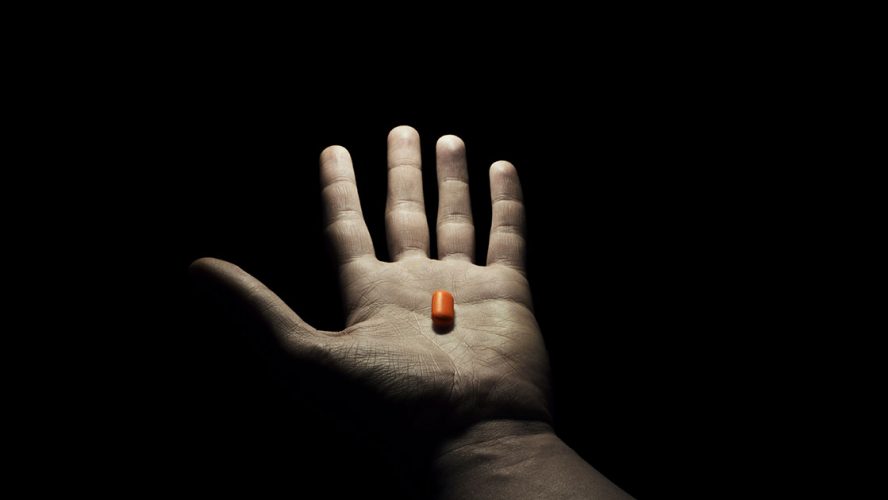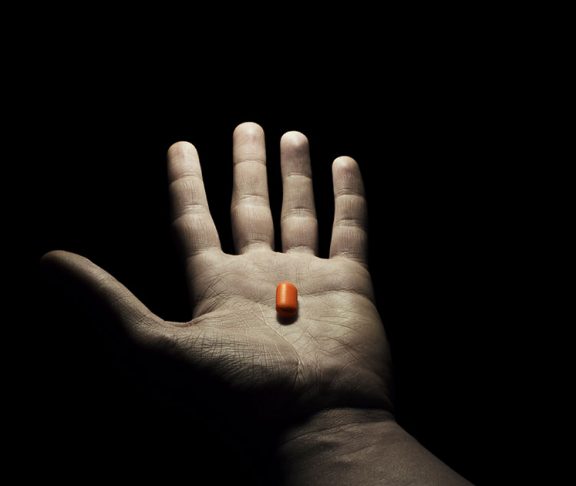Medication-assisted treatment (MAT) combines pharmacologic, behavioral therapies, and recovery support services delivered in outpatient and community settings to treat people with addiction, a chronic brain disease. There is a solid body of data supporting the safety and efficacy of MAT and demonstrating that people attain long-term recovery more frequently than those who do not receive it. Although the intervention has been available for decades, the opioid crisis has increased the need and use for effective evidence-based treatments such as MAT.
How MAT works
Among addiction medicine specialists, MAT is considered the gold standard in addiction intervention. Three key drugs are approved in the United States for MAT: naltrexone, methadone and buprenorphine. All of these act in different ways on the brain’s reward response mechanism to help manage withdrawal symptoms and reduce cravings. Under ideal conditions, an individual seeking recovery works with a medical professional to determine if medication is appropriate and, if so, which medication is suitable.
Medical supervision ensures proper administration of the drug, while behavioral therapies and recovery support services give the individual the tools and resources necessary to achieve long-term recovery. Evidence for MAT strongly suggests that the best recovery rates occur when people stay in treatment for at least one to two years, although the duration and dose of medication should be a shared decision between the patient and their medical professional.
Abstinence-based recovery
Even within the drug treatment community, there is controversy over whether MAT simply substitutes one drug for another. Proponents of MAT point to evidence showing fundamental changes to the brain’s structure caused by addiction that, if not medically managed, result in significantly higher rates of relapse and death. Because opioid use disorder has a profound impact on the autonomic nervous system, which controls breathing and heart rate, MAT’s ability to taper the individual off opioids in a gradual but sustained way allows the body to adjust safely to withdrawal, while helping the brain repair its functioning. If a person relapses, appropriately administered MAT drugs help counteract the effect of the opioid, making the experience of using less pleasurable.

